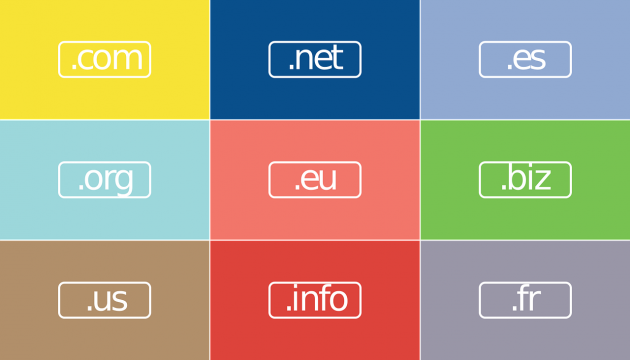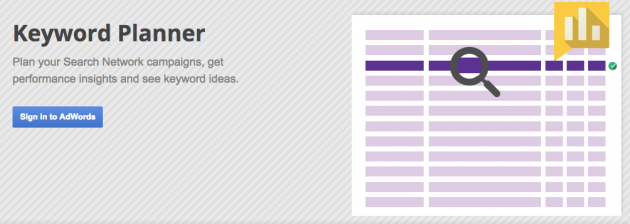What Is Domain Authority
- Tom Watts
- August 5th, 2016

If you're trying to improve your site's SEO, then domain authority should be a main focus for you. But what is domain authority?
To put it simply, domain authority is a score from 1-100 developed initially by Moz.com that attempts to guess how well a site will do in the search results. There is no set guideline for this score i.e. if you're score is over 50, or over 60, or even 90... it doesn't necessarily mean anything.
In addition, the increments in points get exponentially bigger as your score increases. This means that going from a domain authority of 20 to 30 is a lot easier than going for 80 to 90, for example.
So how does domain authority work?
The way it works, is in comparison to other sites you're competing for search positions with.

What that means is, in general, the score predicts where you will display in the search results alongside your competitors. If your main competitor has the top position in google search, if you can increase your domain authority to a higher number than theirs, you are much more likely to be displayed higher than them for your targeted keywords.
If your domain score is 25, and your competitor has a domain authority of 30 - it's much more likely that they'll appear higher in search results than you.
The data for generating a domain authority score is contained in the Mozscape web index and includes the following metrics;
- Link counts
- MozRank
- MozTrust scores
- Dozens of others (some confidential)
That's all great - but how do you go about actually improving your domain authority score?
Well, it all comes down to improving your overall SEO score, and following the best practices involved with doing that.
I'm going to hazard a guess that since you're reading this post, you're pretty new to SEO, right?
Well no worries, because I'm going to unveil some of my top tips for getting started with search engines.
1. Know Your Keywords
A keyword is any phrase that people type into Google to find something. So if you typed in "best web hosting in the world" you could expect to see such websites as websitespot.com, for example.
Thinking of keywords is easy, but knowing if they get searched for regularly is key. You can do your keyword research using Google's Keyword Planner Tool.

2. Use Your Keywords Wisely and Sparingly
Gone are the days where you could spam a keyword across your site to let Google rank you. Now, you have to use your keywords wisely, and spread them across various headings and content using varying iterations.
Keywords still tell Google what your site is about, but just be careful not to overdo it. If you use WordPress, the Yoast SEO plugin is an invaluable tool for on-page SEO.

3. Get Links
Links to your site tell Google that you're important. They're like: "hey, that site has a lot of links. If it's worth linking to, it must be useful to our visitors!"
Remember though, not all links are created equal. If you get links from low quality sites (i.e. low domain authority) they likely won't help you at all, and may even harm you!
Try and get links from high domain authority sites, and use anchor text that matches your keywords. Again, don't get links that all use the same keyword as anchor text. Google will see this as spam and knock your site back to the dark ages.
4. Use Social Media
Google has been pretty open recently about how they now use social media signals to gauge relevance for their search results.
To cash in on this, all you have to do is post more and get more people to engage with your content and links. More clicks to your site equals better ranks in search results.
Conclusion on Domain Authority
Domain authority is not something you can go out there and "buy" - but it is something you can work on to improve and see better search results.
Please remember though, that domain authority does not necessarily mean everything, it is purely an indicator to help predict search engine power.


